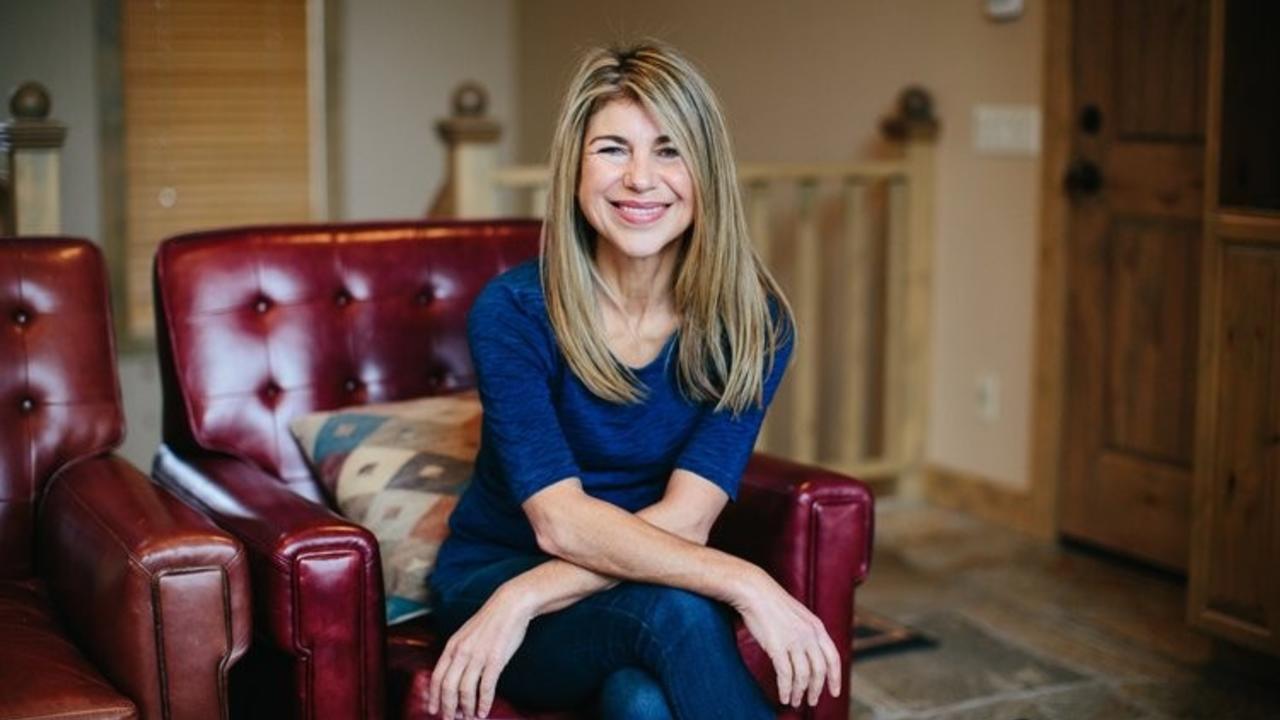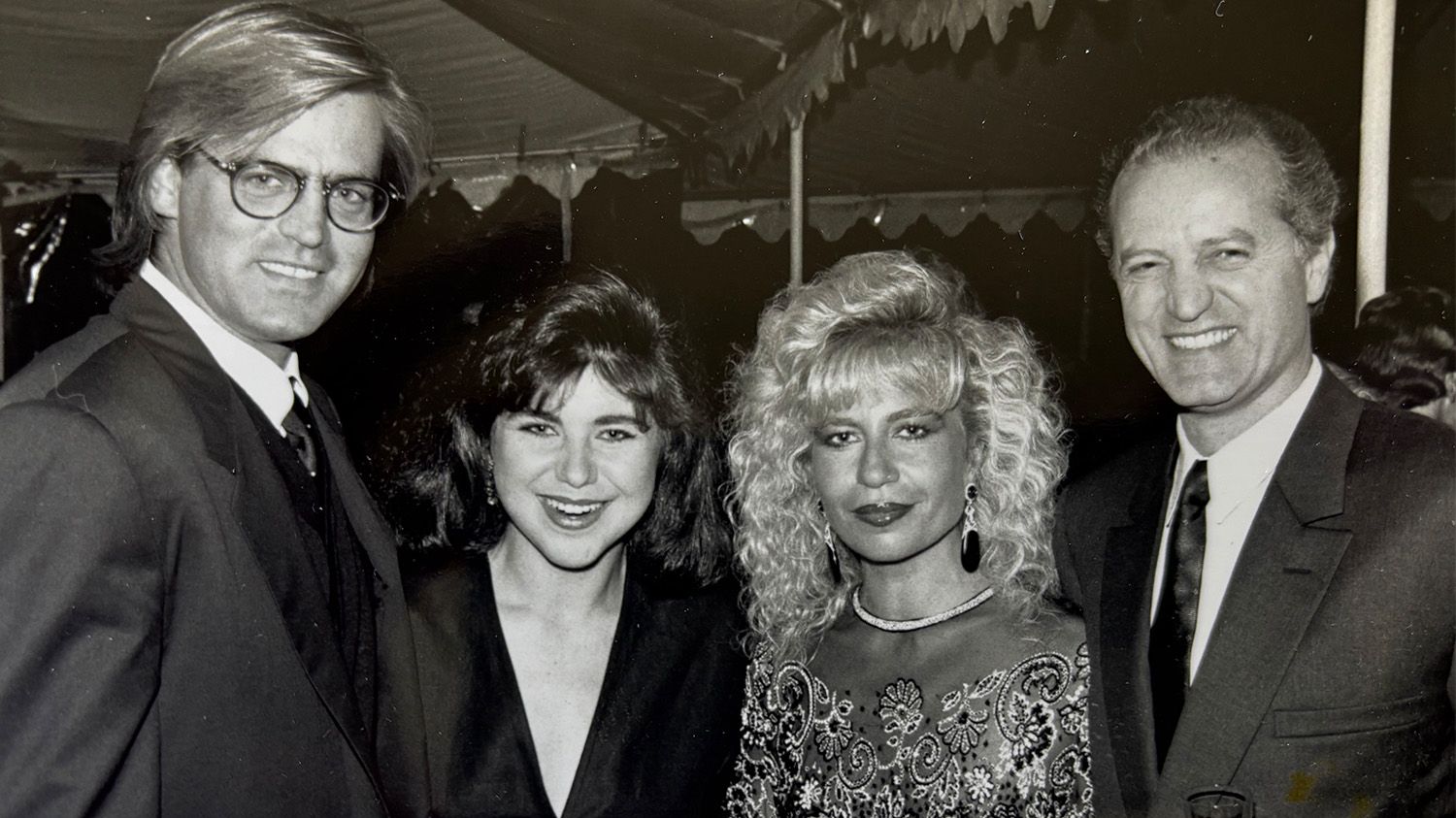3 Reasons My Children Don't Make Me Happy

“You make Mommy so happy!”
Those of us who are parents have uttered this statement at some point in our parenting. If you have not, you are in the minority and you should be proud of yourself.
I became a parent long before I began my education to become a Professional Life Coach, and certainly before I began the work of coaching clients. As such, the fundamental concept that we are responsible for creating our own feelings, was completely foreign to me.
After all, isn’t our life partner supposed to make us happy? Aren’t our children supposed to make us proud? The short answer is no.
The model I use to coach my clients is entirely based on ownership of our thoughts, feelings and actions. If a client is not willing to consider and eventually adopt this principle, our work of moving him out of his confused thoughts and into clear and sustainable action, may not be impossible, but it will be difficult.
What I teach is nothing new and not original to me. I learned it over and over again (often with difficulty) from every single mentor and life coach I’ve ever worked with. This principle is based on the belief that circumstances don’t cause our feelings, but rather what we make those circumstances mean - and this is different from one person to another - cause our feelings. Why do feelings matter? Because 100% of the time, they are responsible for our actions, or lack of them (but that’s for another blog).
This is, of course, easier said than done. I was the mama bear that showed up if someone hurt my kid’s feelings. I was the long suffering corporate citizen who couldn’t understand why my good work was not appreciated, I was the family member who had to prove her worthiness. What all these problematic situations had in common was “I”.
When I began to do the deep inner work of coaching with my own coach and teachers, I learned how to focus on me, rather than on others, and it seemed that everyone around me changed! But we all know that I was the only one who changed, and what I changed were my thoughts. The circumstances remained the same, or maybe they didn’t. The beautiful thing is that it doesn’t matter.
The most difficult place to practice this principle was and is in my parenting. Here’s 3 ways, I’ve learned to not make my children responsible for my happiness:
-
When I’m sad or down, I let them know that how I’m feeling has nothing to do with them and they are not responsible for making me feel good. I ask for whatever I need (time, space, a piece of cake….) in order to take care of my own feelings.
-
When they act inappropriately in public, I don’t make it a reflection of myself and am clear about it with them. I speak with them privately and center the conversation on our values as a family (which they’ve been raised with) and why going against those values will not serve them. Again, I don’t make it mean that by their actions they have embarrassed or saddened me.
-
When they get in trouble in school or get low grades, I invoke consequences (agreed upon in advance) but I don’t change my demeanor with them or with myself. I model for them that my life as a parent, coach, athlete, etc….goes on, and how they do in school or sports is not the building blocks of my happiness.
Taking responsibility for my happiness does not mean I don’t take joy in my children’s accomplishments. In fact, my joy is so much richer when it’s pure and not tied to my own baggage and history. Is this model easy to adopt? No, it takes commitment, practice, and the acceptance that I will always be a work in progress. Does it change my life and make me a better parent? Absolutely.
If you’re interested in learning more about this concept or about life coaching in general, reach out and I’ll be happy to have a conversation with you and share additional resources that will help you move forward.







